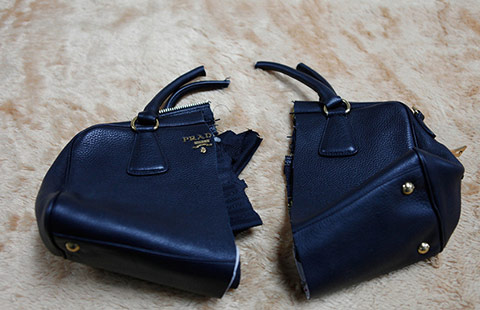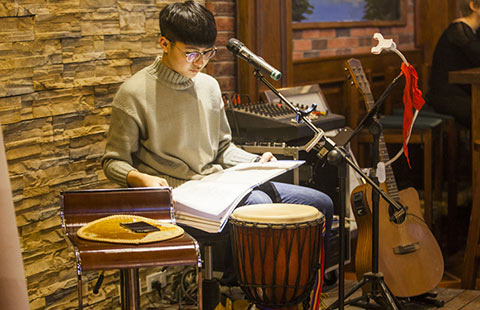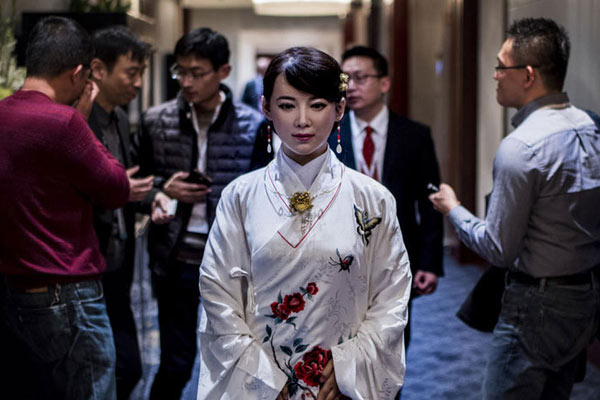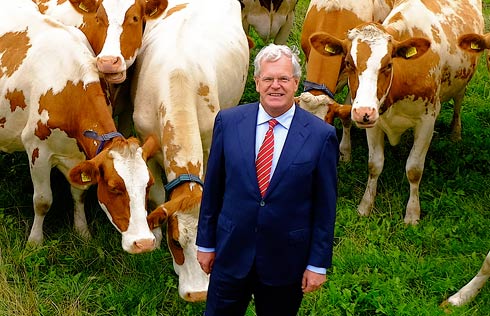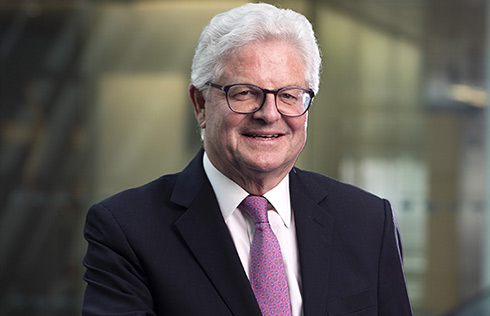China bucks trend towards global distrust in governments, survey finds
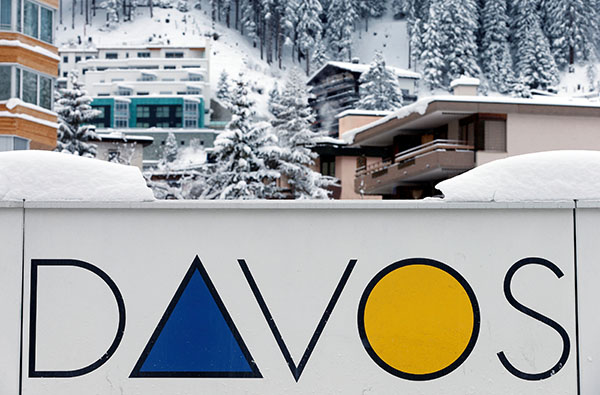 |
|
A Davos logo is seen before the annual meeting of the World Economic Forum (WEF) in Davos, Switzerland January 15, 2017. [Photo/Agencies] |
As the first Chinese president to attend the World Economic Forum's annual forum in Davos, Xi Jinping may be pleased to learn that his government has been ranked as the most trusted in the world.
The annual Edelman Trust Barometer finds the Chinese government had a 76 percent approval rating among those questioned last year.
The figure was a stark contrast to other governments’ performance in the survey, released on Monday, ahead of the Jan 17-20 Davos meeting.
Trust in governments fell in 14 of the countries surveyed to 41 percent.
The high approval rating of Xi’s government looks even more exceptional against the backdrop of rising distrust in governments, companies, and the media across the globe last year.
The presidential elections in the United States and Brexit referendum in Britain rocked political establishments and scandals hit businesses.
"There's a sense that the system is broken," Richard Edelman, head of the communications marketing firm that commissioned the research, told Reuters.
"The most shocking statistic of this whole study is that half the people who are high-income, college-educated and well-informed also believe the system doesn't work."
The 3,000 business, political and academic leaders meeting in the Swiss Alps this week find themselves increasingly out of step with many voters and populist leaders around the world who distrust elites.
The media are now trusted by only 43 percent of people, with confidence in news outlets down particularly sharply after a year in which "post-truth" become the Oxford Dictionaries Word of the Year.
Trust in business was slightly higher, at 52 percent, but it too has declined amid scandals, including Volkswagen's rigged diesel emission tests and Samsung Electronics' fire-prone smartphones.
The credibility of chief executives has fallen in every country surveyed, reaching a low of 18 percent in Japan, while the German figure was 28 percent and the US 38 percent.
The annual survey, which has been running since 2001, gauged the views of 33,000 people in 28 countries from Oct 13 to Nov 16 last year.






